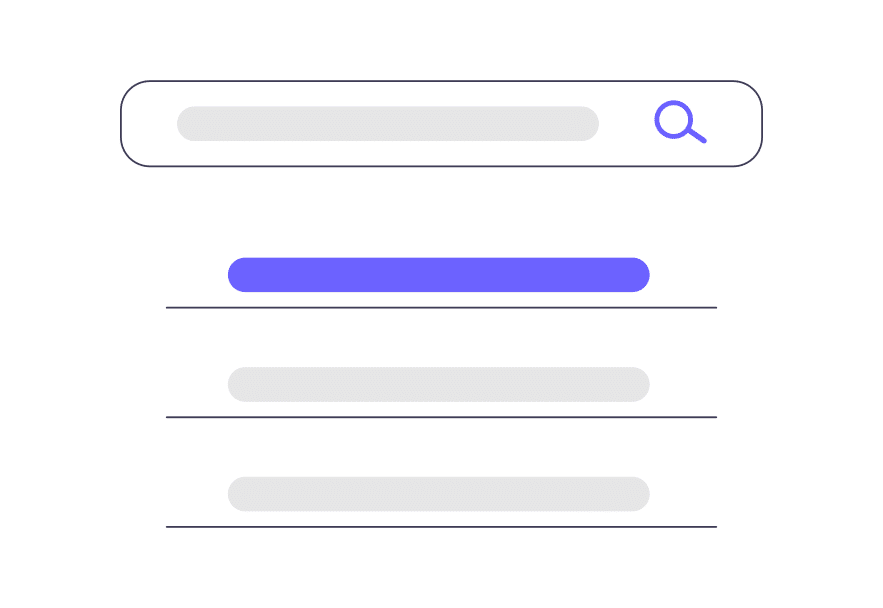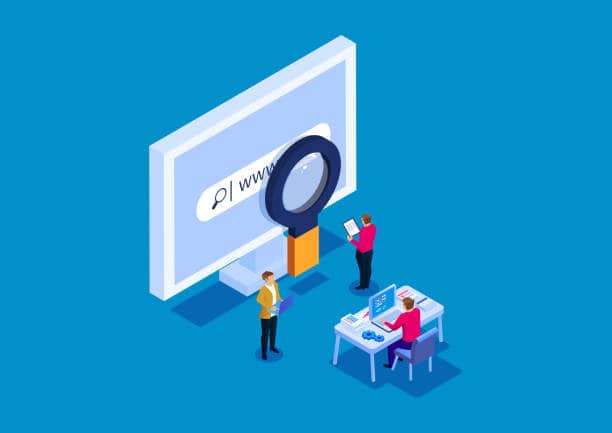How to do SEO for a website step-by-step?
If you are looking for how to do SEO for a website step-by-step, then this article is for you. In this digital age, having a strong online presence is crucial for businesses and individuals alike. With millions of websites competing for attention, mastering SEO techniques can significantly boost your chances of ranking top on search engines.

When establishing yourself online, you need to know how to do SEO for a website step-by-step. It will help you rank higher on search engine results pages (SERPs), leading to increased visibility and organic traffic. A search engine optimization tutorial can help you achieve notable improvements. If you want to learn SEO for beginners, this step-by-step guide will show you how.
RECOMMENDED: Local SEO company- Leading local SEO services
How to do SEO for website step-by-step?

If you are trying to learn SEO digital marketing, then you will need a proper SEO guide with a set of actionable steps. Some of the steps in SEO basics are keyword research, on-page optimization and link-building. When carrying out your SEO strategy, you will need great analytical skills which can be helpful when monitoring your website’s ranking. This will help ensure you effectively achieve your desired results.
RECOMMENDED: SEO Services- What Are SEO Services and What SEO Services Include?
Select your domain
In a SEO setup, picking a domain name is the first step for your website. When choosing a name, you need to choose both the domain and extension based on your website type. It is important to pick a good domain name because the domain name you choose will help boost your search traffic. This will in turn increase your click-through rate (CTR).
Get a hosting
Getting proper hosting is crucial for your website. This is because search engines rank your website according to a number of factors directly determined by it. Your choice of host affects your site speed, reliability and site security. Consequently, the better the quality of your web hosting, the higher you will rank compared to poorer hosted websites.
Design for page speed
Another step for easy SEO setup is optimizing your page speed. You will need to take actions such as lowering your image size, the number of HTTP requests and your plugins. A key factor for page speed is your choice of web hosting, choosing a fast one will improve your page speed and ranking altogether. Slow loading can result in lower search engine rankings, decreased traffic and result in a negative user experience.
Design optimized site architecture
Designing your site architecture is vital as it puts a structure in place as you go. Also, it helps ensure your website is organized so as to give priority to the most important pages. Most websites have adopted the pyramid structure where the homepage is at the top, followed by the most important pages then the sub-categories. Solid site architecture makes it easy for visitors on the site to find what they need.
Find keywords

One of the most important actions in SEO optimization is keyword research. Start by identifying the most relevant keywords and phrases that users are likely to enter when searching for products or services you offer. With the use of tools such as Google Keyword Planner or SEMrush, you can discover keywords with high search volumes. Strategically incorporate these keywords into your website’s content to signal their relevance to search engines.
RECOMMENDED: Professional seo services- Work with a professional SEO company and get qualified traffic
Put keywords in the meta title
When learning SEO tutorials, it is important to know that keywords are vital for your ranking. The meta-title is what a search engine will use to determine what your website is all about and what is on a web page. Therefore, incorporating relevant keywords on your meta-title gives your page a higher chance of appearing when someone types in the specific keyword. Also, it is recommended to use 65 characters or less in the meta-title so that the search engine might not trim it when it shows up on the SERP.
Put keywords in the URL
Another useful tip for your SEO guide is to input keywords in the URL. Search engines brand a website’s content using the text in the URL, specifically in the slug part of the link. The slug comes after the path and sub-domain name in a website link. The keyword in the URL should simply be short, descriptive and directly to the point.
Put keyword in the meta description
The meta-description in a web page is useful for helping the search engine and users to know what your website is all about. Therefore, putting a keyword or a key phrase in your web’s meta-description could help you rank higher on the SERP. It gives your website credibility and strengthens visitor’s trust in your content, your product or the service you offer.
Put keyword in the h1
In a web page, there are usually a number of articles and each usually has its own heading in bold and is usually referred to as H1. Putting the keyword in this heading, informs the relevant search engines to put an extra importance on these words. Furthermore, doing this makes sure that your web page content is clear, visible and as direct as it should be.
Put similar keywords in other headers
The process of search engine optimization is heavily assisted by keywords. Therefore, incorporating suitable keywords in your sub-headings is crucial in order to improve your SERP rankings. This step serves to highlight the importance of these keywords and is more likely to get your content to show when a potential visitor is searching for a product or a service. However, to avoid being repetitive, you should use variations and modifications.
Use keywords in the content without stuffing
It is an important step in an SEO tutorial to use keywords. They signify to search engines that your web page has information concerned with the keyword. However, using these keywords naturally is even more vital as it makes the context unnecessarily complex and utterly unreadable. Therefore, it is advisable to use related keywords and synonyms instead of repeating the same keyword.
Optimize images

Are you looking for how to learn SEO? Optimizing of images is a minute but really helpful tactic in SEO because images provide visual content. When trying to get your web page to show up higher on the search engine, the loading speed matters as it will impact the user experience. Larger images lead to lower speed times in the loading of a website, therefore it is recommended to use low size images.
RECOMMENDED: Mwananchi Credit – SEO Strategy That Generate Leads
Building links to your site
If you are writing a post that is related to another post that is already written, link the two. This will contribute to a better user experience by helping the web visitor discover more related content and navigate to other pages on your site. Also, it helps the search engine bots in indexing and contextualizing your web-page.
Monitor your rankings
Monitoring your ranks is a critical step for SEO as it provides with real time results for your web page. With the help of essential tools such as Google Analytics and Google Search Console where you can carefully analyze the effectiveness of your website. Moreover, the process involves continuously tracking indicators that impact your website’s search engine rankings and its traffic.
Create topical maps
Topical maps are important for SEO as they provide structure to your web page by giving topics hierarchy. To create a topical map, you can start by conducting keyword research and organize your content into a hierarchy of categories and sub-topics. This enables search engines to determine the topical authority of a website according to its expertise and relevance in its niche.
Learning how to do SEO for a website step-by-step and implementing all the steps, is a great process that requires solid dedication and commitment. It is especially important to pay attention to the keywords of your web page. Also, other factors such as your web page structure and the loading speed will heavily affect your visitor experience and in turn, you’re ranking on the SERP.
Toponlineconsultants.co.ke recently published an article about content writing services: get high-quality content today
Source: Toponlineconsultants.co.ke